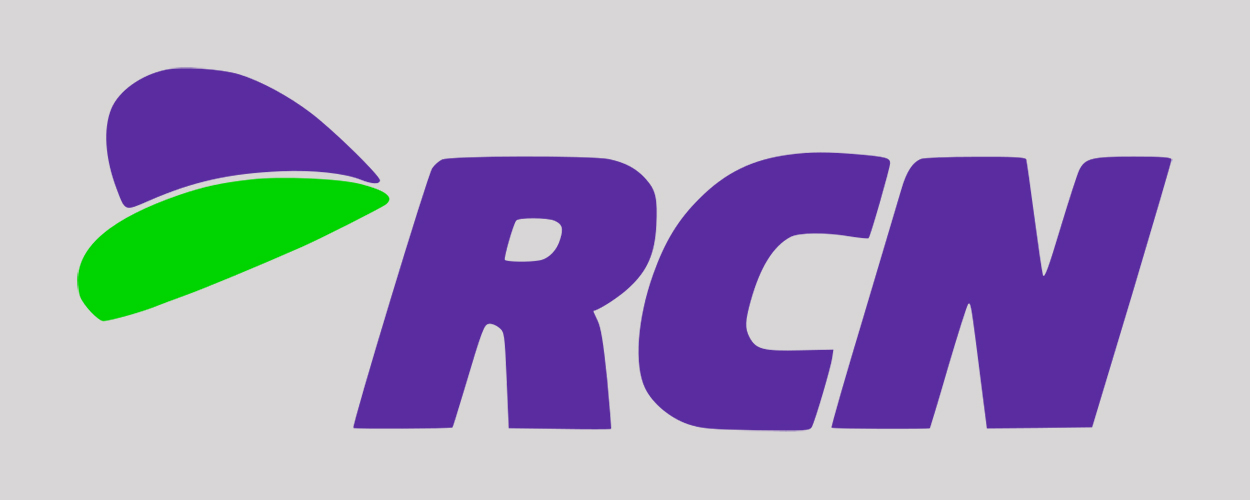This website uses cookies so that we can provide you with the best user experience possible. Cookie information is stored in your browser and performs functions such as recognising you when you return to our website and helping our team to understand which sections of the website you find most interesting and useful.
Business News Digital Labels & Publishers Legal
RCN seeks to have the music industry’s Cox-style infringement lawsuit dismissed
By Chris Cooke | Published on Tuesday 28 January 2020

RCN, the latest US internet service provider to be sued by the record industry for failing to deal with repeat infringers on its network, has submitted a motion to have the labels’ lawsuit dismissed. It employs various arguments previously seen in other cases of this kind, though in particular goes after the agency that issued the music industry’s copyright infringement notices, Rightscorp.
The labels sued RCN last August, having already launched lawsuits against other American ISPs Cox, Grande and Charter. The major record companies have sought to capitalise on the precedent set in the earlier legal battle between BMG and Cox, in which the music firm successfully argued that the ISP should lose safe harbour protection and be held liable for its users’ copyright infringement. That was on the basis that Cox had deliberately shoddy systems for dealing with infringement and infringers on its networks.
Late last year the majors also scored a win against Cox, in a ruling that awarded the record companies a neat billion dollars in damages. So you can see why RCN – like Grande and Charter before them – are keen to have the copyright cases against them dismissed without the matter going before a generous jury.
Like the other ISPs, in its motion to dismiss, RCN – among other things – argues that the labels have failed to prove any actual specific infringement occurred on its networks. This is important because, if you can’t prove RCN users directly infringed the labels’ recordings, then you can’t hold the ISP liable for any secondary or contributory infringement. That said, in the main, this argument hasn’t really worked for ISPs in past cases.
RCN also takes issue with the suggestion that it could be also liable for so called vicarious infringement. Again, the other ISPs have tried to have this particular allegation quickly removed from their respective lawsuits, mainly because if found liable for vicarious as well as secondary infringement, the total damages due could go up. The ISPs argue that the labels fail to meet the extra demands to prove vicarious infringement, mainly that the defendant directly profited from any infringing activity.
However, a big part of RCN’s motion centres on Rightscorp, the agency that issued copyright infringement notices on behalf of the labels. The music industry wants RCN held liable for copyright infringement on the basis it failed to respond to those notices. But, the ISP argues, said notices are not credible because of Rightscorp’s business model.
RCN says in its lawsuit: “The thrust of plaintiffs’ case is that RCN is secondarily liable because it did not terminate the internet access of subscribers accused of copyright infringement. These accusations came from a third party, Rightscorp Inc, which is in the business of sending emails alleging copyright infringement and using threats of litigation to extract small settlements from the alleged infringers”.
“This means”, the legal filing goes on, “that Rightscorp is incentivised to send huge volumes of infringement accusations, without regard to the amount or frequency of any actual copyright infringement”.
Therefore, RCN argues, “no reasonable ISP would accept Rightscorp’s copyright infringement allegations as credible, much less actionable. Rightscorp does not provide any evidence whatsoever demonstrating that a given internet user possessed or shared the copyrighted content in question. Instead … Rightscorp’s emails contain only conclusory, unverifiable allegations”.
That might sound convincing, but arguments of this kind have been presented unsuccessfully in earlier cases, including arguments specifically targeting Rightscorp. It remains to be seen if any of this stuff works this time round.





